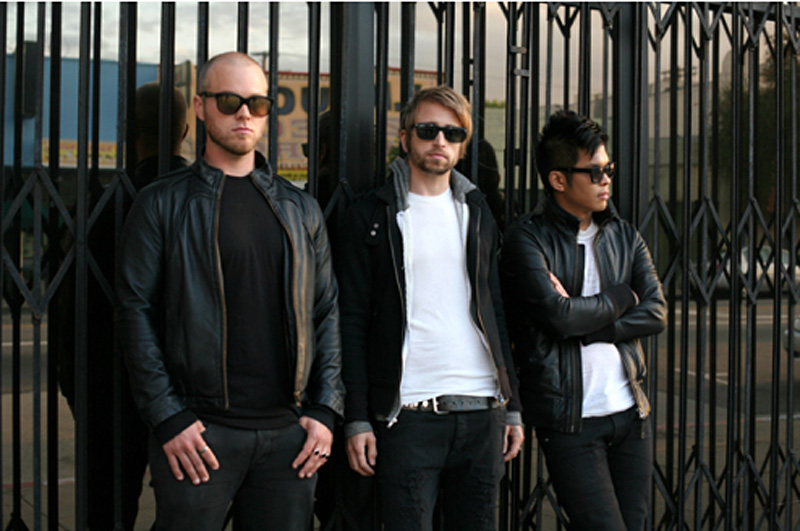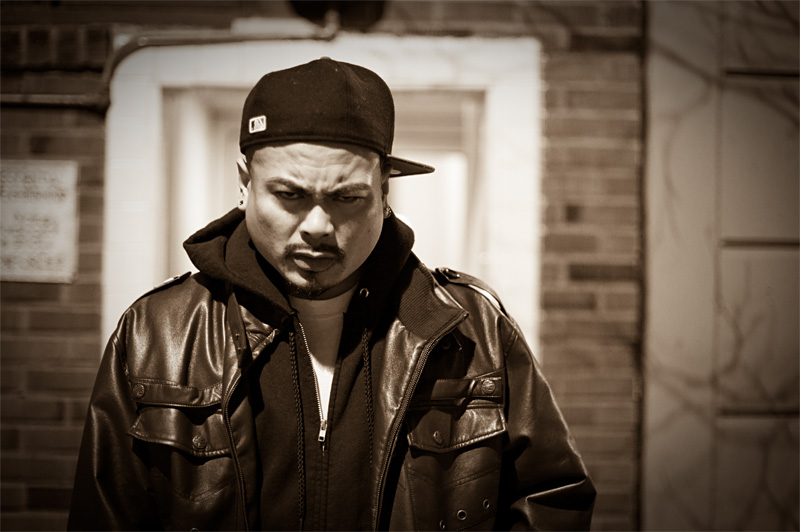Underground electronic-music trio The Glitch Mob built their reputation over the past three years cutting up other people’s tunes for the benefit of the dance floor. Justin Boreta, Ed Ma, and Josh Mayer’s remixes for acts like TV on the Radio and their high-octane Crush Mode mixtape set both live audiences and the Internet ablaze, garnering the attention of the national press, including New Yorker critic Sasha Frere-Jones. Which is why it’s hard to believe that Drink the Sea, released May 25 via the group’s Glass Air label, is The Glitch Mob’s debut album.
“It’s an interesting statement on the state of music and technology and everything right now that we can have even come this far without a proper album out,” says Boreta via phone from Asheville, N.C., one of many stops along the way to The Glitch Mob’s June 5 show at Showbox at the Market. “But it does feel like a coming-out party. This is really our first, full collaborative effort.”
The disc is likely to take fans of The Glitch Mob’s hip-hop-influenced, club-ready remixes by surprise. And that was the point, said Boreta. He alternately describes Drink the Sea as a “listening experience” and “a story that we’re trying to tell” taken from “a seed emotion or a feeling or an idea.” Confused? You’re forgiven, especially if you’ve seen the disc’s cover art—a self-consciously opaque Dark Side of the Moon knockoff by Mars Volta illustrator Sonny Kay. But don’t be dismayed. The Glitch Mob delivers where it counts.
The album rewards those who listen to it all the way through. From the raging drum kicks and slippery synths of opener “Animus Vox” to the future-ballad “Between Two Points” (with vocalist Swan) to the clean patterning of closer “Starve the Ego, Feed the Soul,” Drink the Sea takes you on a soul-satisfying journey reminiscent of a well-contoured DJ set. But, Boreta cautioned, unlike like last year’s Seattle show, The Glitch Mob’s June 5 performance will emphasize instruments over laptops.
“It’s not really a DJ show anymore. We wrote the album with this sort of performance in mind,” he added. “We weren’t trying to make it a collection of singles or a collection of songs that were meant for the dance floor. We tried to make it an album that would unpeel over time.”






